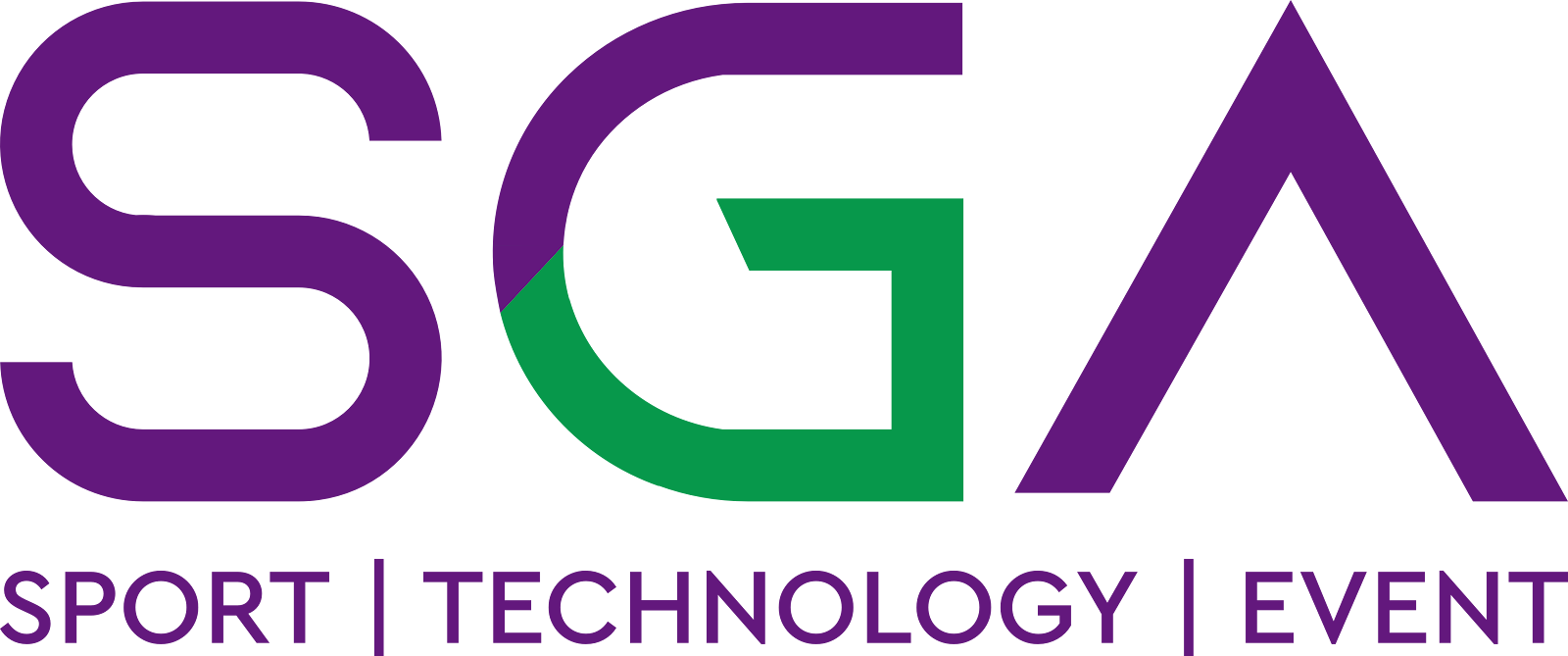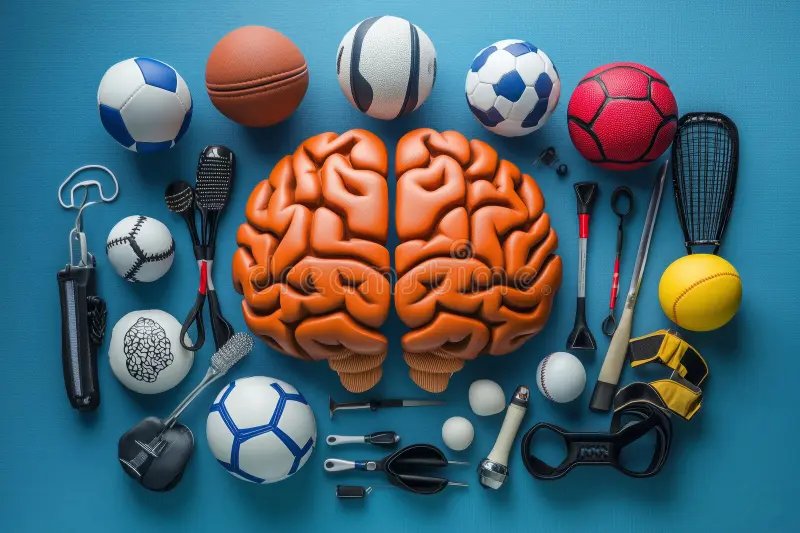Unlock the Champion Within
This comprehensive Sports Psychology course is designed to help athletes, coaches, and sports enthusiasts understand the mental side of performance. Blending modern psychological research with Indian knowledge systems, the program equips learners with tools to enhance focus, resilience, and emotional intelligence—key attributes for thriving in competitive sports.
Course Highlights:
- Role of Sports Psychology in Performance – Learn how mindset, behavior, and emotions directly impact success.
- Talent Spotting through Personality – Understand the Big Five personality traits (OCEAN) and how they influence sporting potential.
- Emotional Intelligence & Self-Management – Build self-awareness, manage stress, and develop confidence under pressure.
- Building High Performers – Discover the psychology of peak performance, resilience, and comeback strategies after setbacks.
- Goal-Setting & Mindfulness – Master visualization, journaling, relaxation, and mental conditioning techniques.
- Indian Knowledge Systems in Sports Psychology – Explore yogic methods (asana, pranayama, dhyana) and Vedic concepts for holistic growth.
Course Content
Role of Sports Psychology in Sport Performance
Talent Spotting through Personality
Emotional Intelligence & Basics of Self-management
Building High Performers
Goal-Setting
Indian Knowledge Systems in Sport Psychology
A course by
MG
Student Ratings & Reviews

No Review Yet





